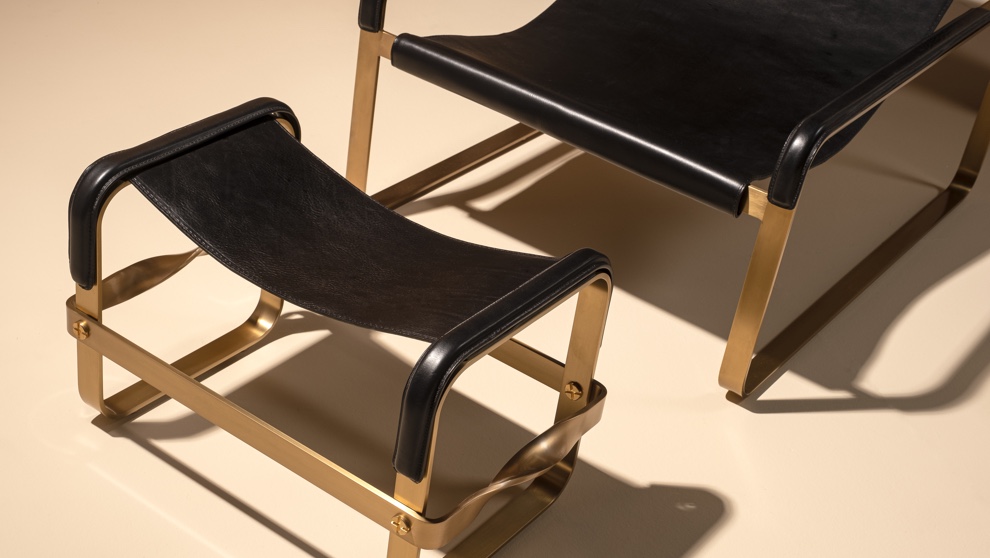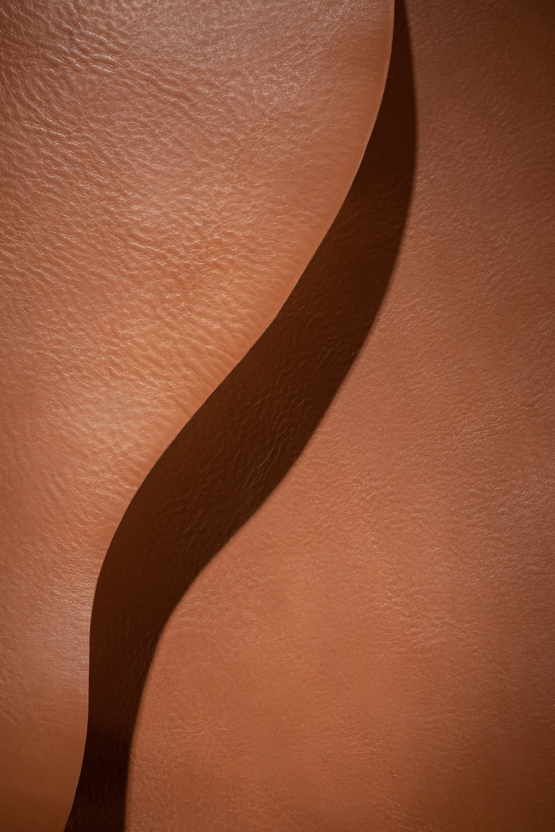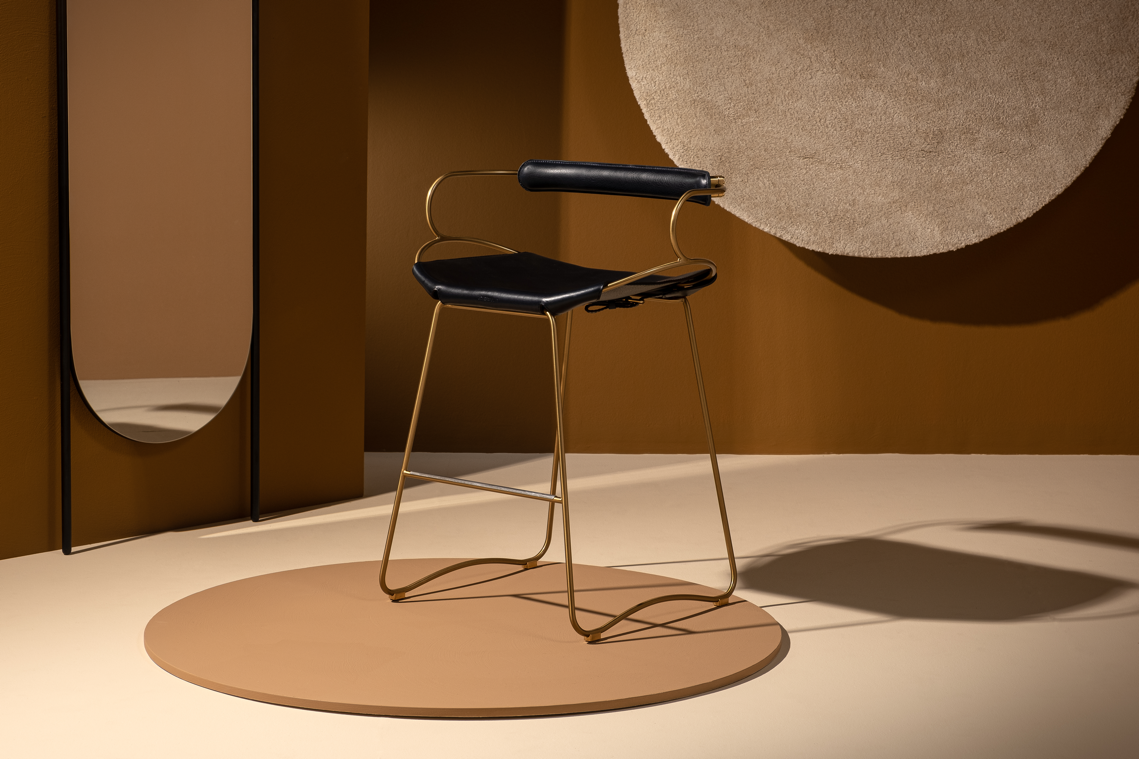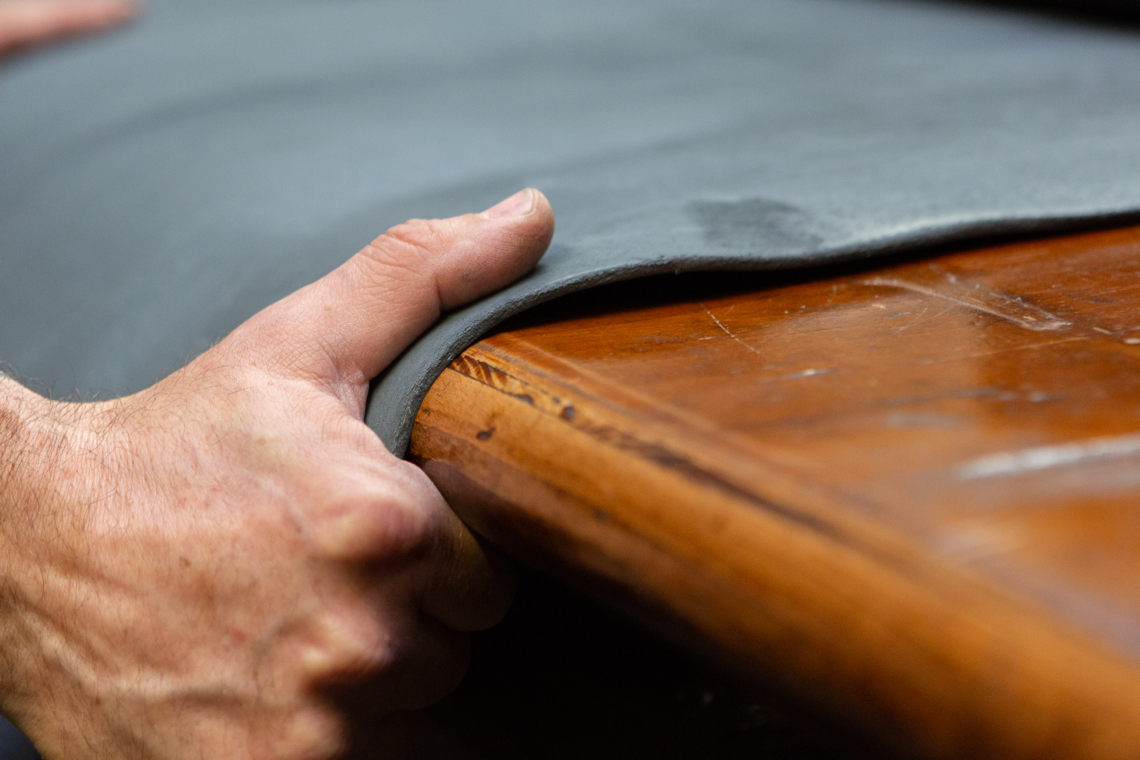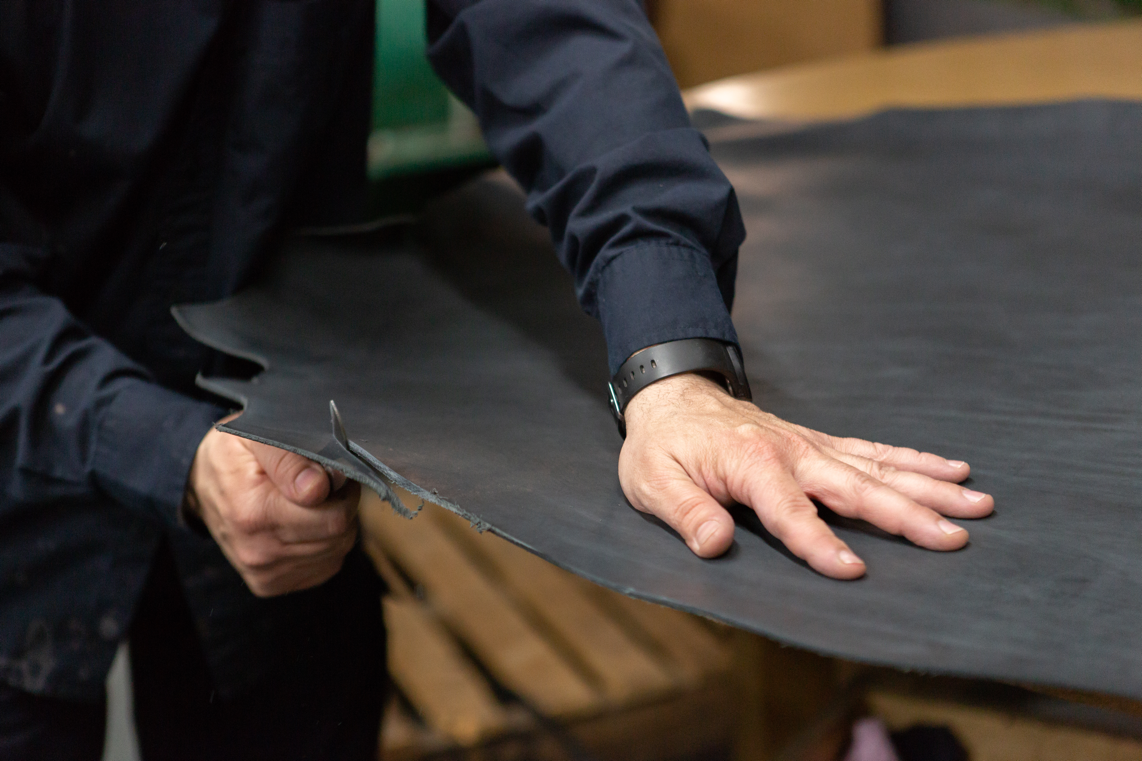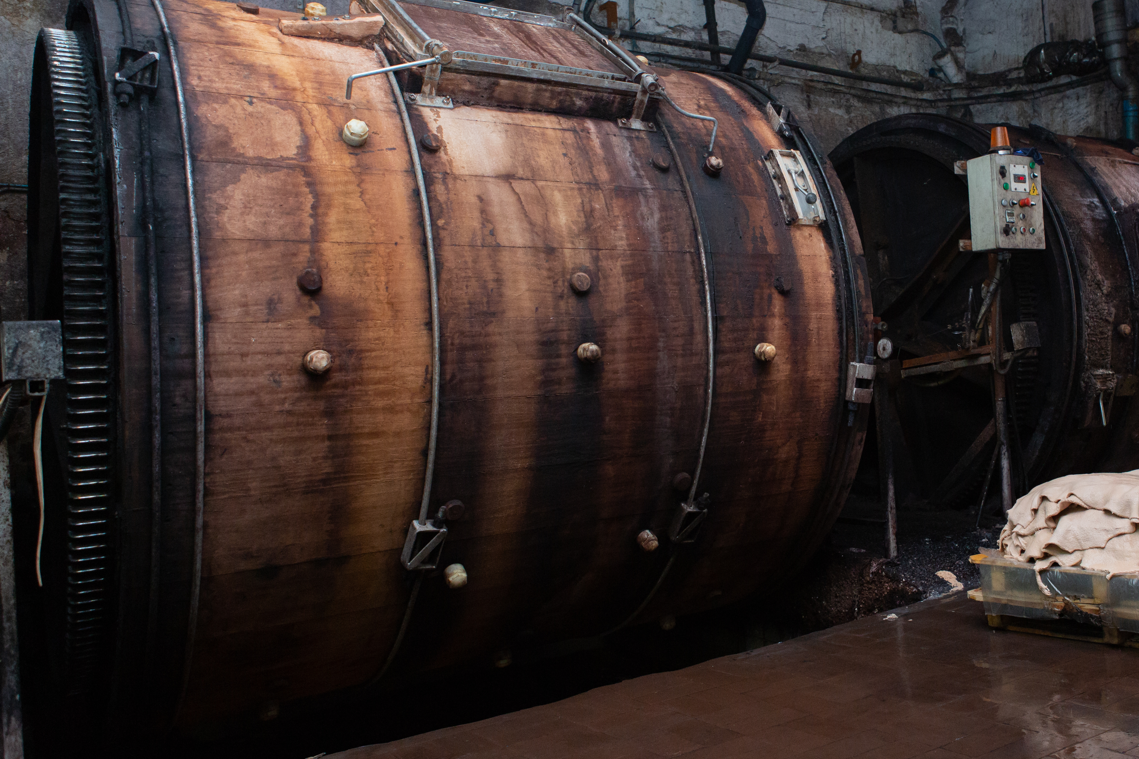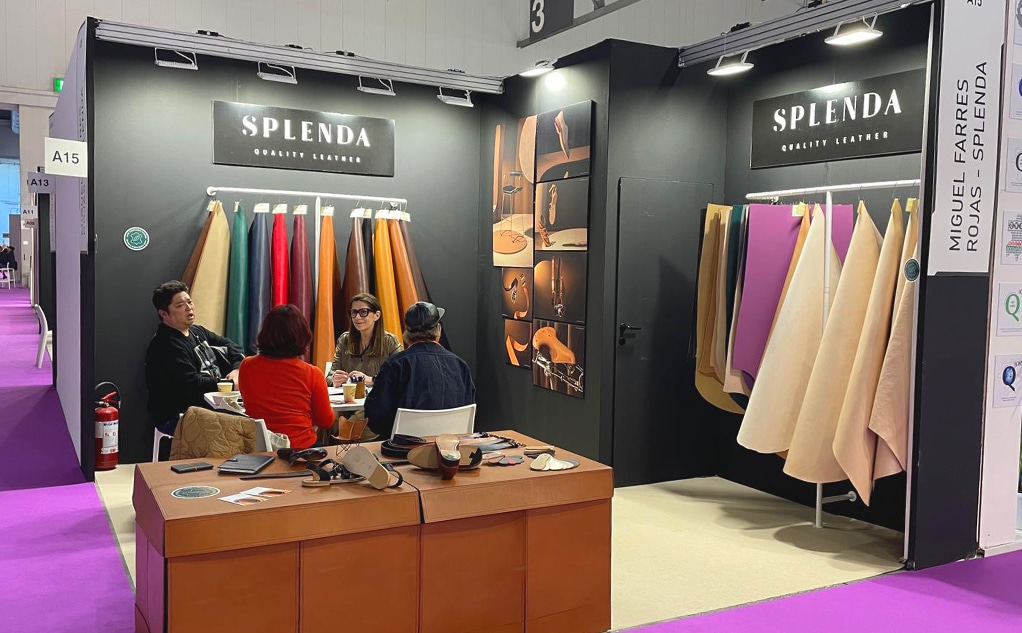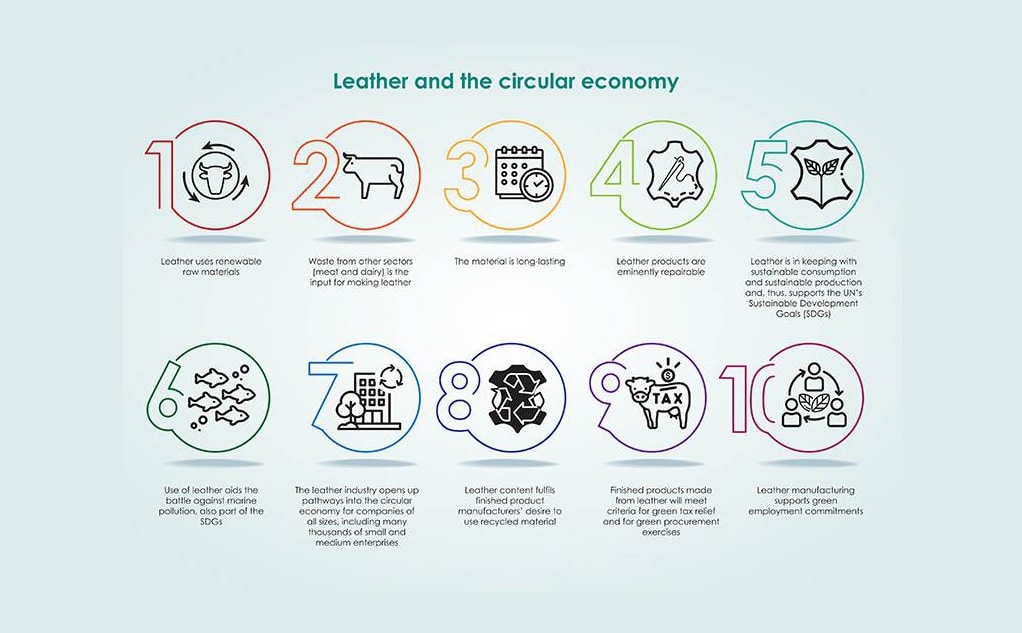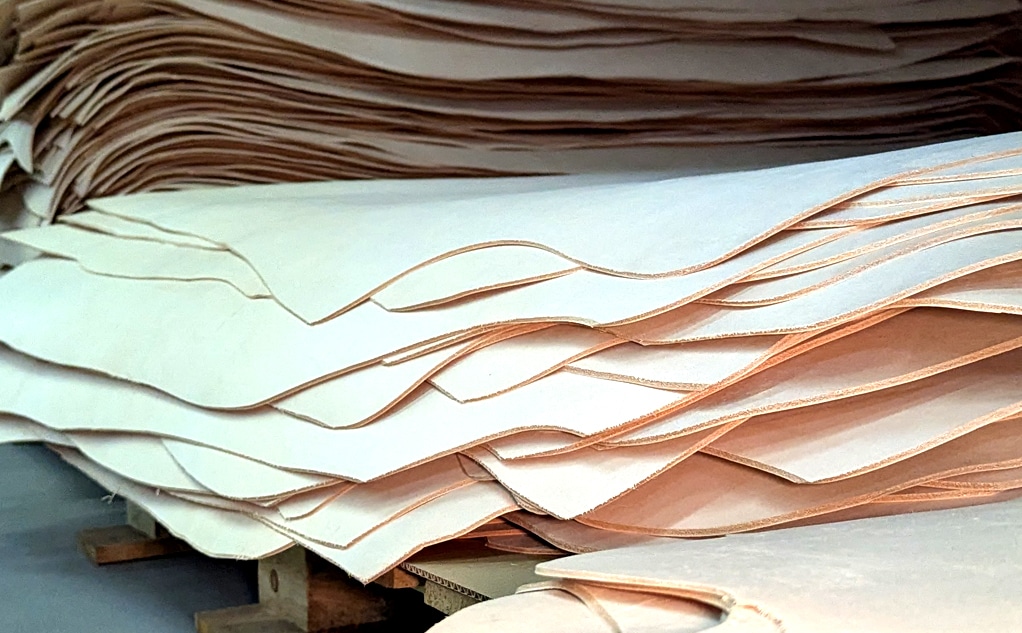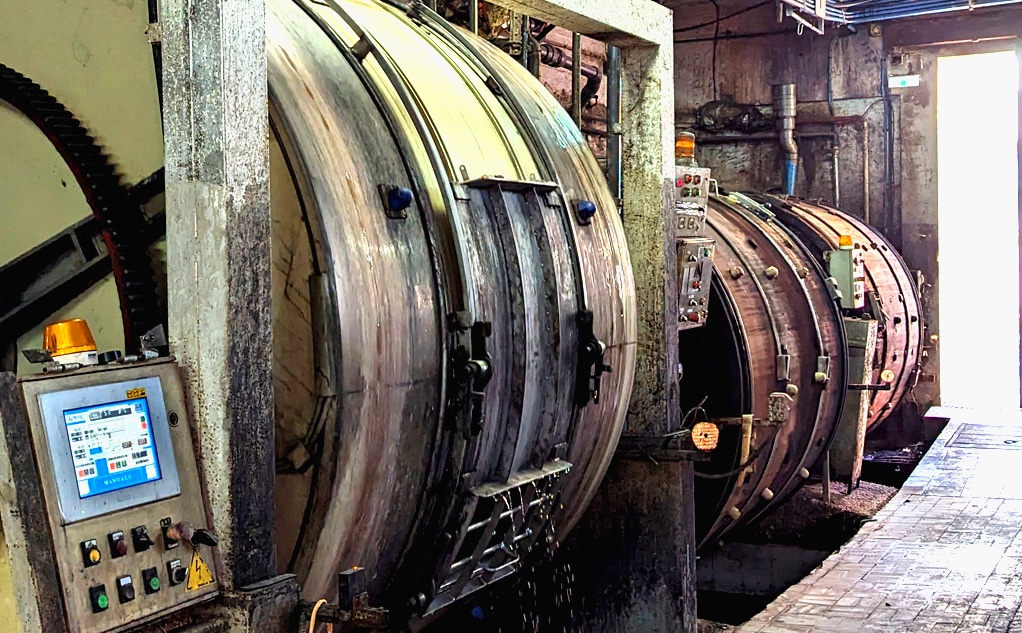
Fairs
September, a key month in the positioning of leather as an example of Sustainable Fashion
07 / 10 / 2024
Original content by: Leather Cluster Barcelona
Last September, various events took place that gave visibility to leather and its industry within the Sustainable Fashion approach, highlighting the long life and longevity of articles made from leather.
On the one hand, Lineapelle, one of the oldest and most prestigious international leather fairs in the world, was held from 17 to 19 September in Milan, dedicated to leather, accessories and components for the footwear, leather goods, clothing and furniture industries.
The 104th edition of Lineapelle brought together 1,259 exhibitors from 43 countries in more than 45,000 square metres of exhibition space, consolidating the Italian fair in its position as a global platform for the fashion, luxury and design industries.
A total of ten tanning companies associated with Leather Cluster Barcelona have taken part in Lineapelle, exhibiting their leather goods in this great international showcase where professional fashion experts from all over the world meet to look for new products, trends and accessories.
The tanneries Aqualata, Badia, Colomer 1792, Combalia, Despell, La Doma, Miret, Morera Pell, Riba Guixà and Splenda have exhibited in one of the world’s fashion capitals, Milan, claiming leather as an example of Circular Economy and Sustainable Fashion.
But Lineapelle has not been the only event to defend leather as a benchmark for Sustainable Fashion. On September 9 and 10, the Sustainable Leather Forum was organized. Sustainable Leather Forum is the first international event dedicated to sharing the best practices of Corporate Social Responsibility in the leather sector and its ecosystem. Held in Paris, it brought together more than 400 international participants to discuss social, environmental and economic issues facing the leather industry over two days of keynote speeches, panel discussions and networking sessions.
Also in the Sustainable Fashion key and at a global level, OXFAM, the international cooperation NGO that works to end poverty and inequality in the world, has promoted this month the Second Hand September campaign, encouraging us all to position ourselves against the fast fashion consumption model.
All these events take place in the midst of a debate in society about production models and the use of sustainable items in the fashion industry. In this sense, one of the global objectives to protect the planet of the United Nations Organization is responsible production and consumption. The UN, in its 12th Sustainable Development Goal, calls on governments, the private sector and society to increase resource efficiency for environmental preservation, promoting more sustainable consumption styles.
The current fashion model, based on fast fashion, is linked to hyperconsumption that has important environmental consequences. In this context, leather is positioned as a clear example of Circular Economy and Sustainable Fashion to reduce the negative impacts that fast fashion generates.
The leather industry contributes to responsible and sustainable consumption, revaluing a by-product so that it does not become waste, to produce durable consumer goods. In fact, a leather item can last a lifetime, offering a sustainable alternative to the throwaway culture.
In this context, leather is a durable and timeless material that can be used for many years, it is, therefore, a good that contributes to the reduction of consumerism. In contrast to fast fashion, a business model based on creating disposable products, largely represented by synthetic materials that want to imitate leather, made from plastic, made from compounds derived from petroleum, a limited natural resource, which beyond the negative environmental impact during its production process, is expensive and complicated to recycle and has very poor biodegradability.
Leather Cluster Barcelona is a competitive cooperation environment to promote transversal and transformative strategic projects with the aim of boosting the leather sector ecosystem and its value chain within the framework of Shared Value policies. The cluster is an accredited entity within the Catalonia Clusters programme and has the support of Acció.
You can access the original post HERE
Continuar leyendo
Newsletter
Suscríbase a nuestra Newsletter y recibirá información sobre todo lo que nos inspira, las principales noticias, tendencias y mucho más.
